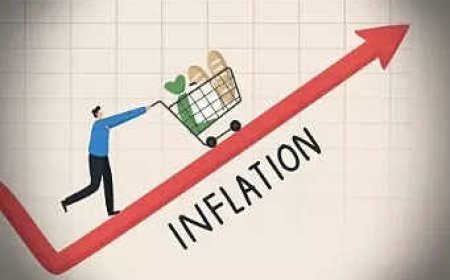Bangladeshi Banks Face High Vulnerability to US Tariffs in Asia-Pacific: Moody’s
Owing to higher export dependence on the US, banks in Vietnam and Thailand remain significantly vulnerable

Moody’s Flags Bangladesh Among Most Vulnerable to US Tariff Impacts in Asia-Pacific
Heavy Reliance on Garment Exports and Weak Banking Buffers Heighten Risks
Bangladesh has been identified by Moody’s Ratings as one of the three most vulnerable countries in the Asia-Pacific region likely to experience significant banking sector stress from rising US tariffs. Alongside Vietnam and Thailand, Bangladesh’s economy is highly dependent on exports to the United States—primarily garments—making its banking system particularly susceptible to external trade shocks. Moody’s highlighted that escalating tariffs could result in slower business loan growth and a decline in asset quality, especially in countries with limited capital buffers.
Bangladesh’s banking sector, with nearly 20% of its loan exposure tied to the garment industry, faces elevated risks amid a weakening operating environment and broader economic slowdown. The situation is further compounded by long-standing structural challenges within the sector, including low provisioning levels and limited resilience to absorb credit shocks. Moody’s noted that average US tariffs on Bangladeshi goods have surged to 37%—a significant increase from the previous 11%—severely impacting export competitiveness.
While banks in Vietnam and Thailand also face notable risks due to their export dependency, they are better positioned due to more diversified economic foundations and comparatively stronger credit loss-absorbing capacities. In contrast, Bangladesh and Vietnam were flagged as having the weakest capital and provisioning buffers among the three most affected banking systems. Moody’s concluded that persistent high tariffs will weigh on economic growth in these countries, with adverse effects cascading through their financial sectors.
What's Your Reaction?





















































































